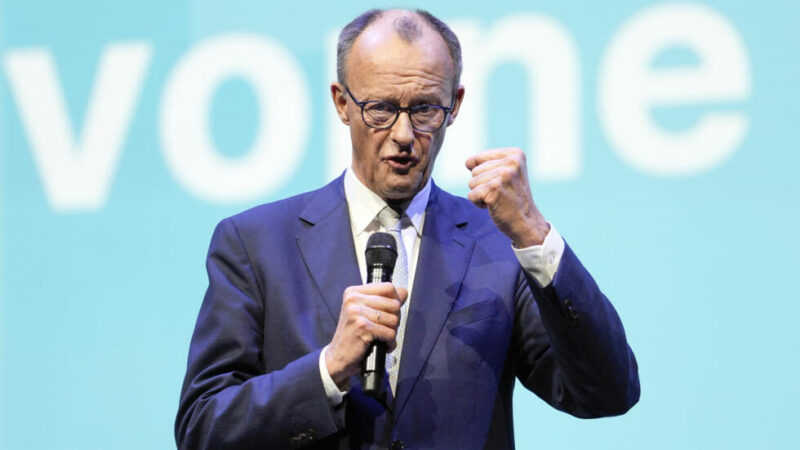Germany’s incoming leadership isn’t wasting time—it wants the European Union to finally flex its muscles against member states that flout democratic norms. Without calling out Hungary by name, the message is loud and clear: countries undermining the rule of law should face real consequences.
Chancellor-elect Friedrich Merz’s conservative party and the center-left Social Democratic Party (SPD), his likely coalition partner, have laid out a firm stance in their draft agreement. Their proposal? The EU should withhold funds and strip voting rights from nations that violate its core values. While Hungary wasn’t explicitly mentioned, few doubt who’s in the crosshairs.
For years, Hungarian Prime Minister Viktor Orbán has drawn fire for eroding press freedoms and judicial independence. Back in 2018, the European Parliament even launched Article 7 proceedings—the so-called “nuclear option”—against Hungary for breaching EU principles. Yet political gridlock has stalled any real action.
Fast forward to 2022, and the European Commission took matters into its own hands, freezing €22 billion in EU funds destined for Hungary over human rights concerns. When over €10 billion was later unfrozen, backlash erupted across the bloc.
Beyond democratic backsliding, Orbán’s cozy relationship with Moscow has also ruffled feathers. His government has repeatedly wielded its veto power to block sanctions against Russian oligarchs and military leaders. Germany’s next administration, however, wants to change the rules of the game. To neutralize Hungary’s obstruction, they propose expanding qualified majority voting on EU foreign policy—allowing sanctions to pass without unanimous approval.
Germany also aims to take a more assertive role in shaping European policy. Key to this strategy is revitalizing the Weimar Triangle—a partnership between Germany, France, and Poland—after years of diplomatic strain under outgoing Chancellor Olaf Scholz. Merz has already pledged that his first trips as chancellor will be to Paris and Warsaw, signaling a renewed commitment to EU unity.
One long-standing complaint about Germany’s role in the EU is its habit of abstaining from crucial votes when its ministries disagree—a practice known as the “German vote.” Merz promises to end this indecisiveness, ensuring that Germany takes a clear stand in Brussels. However, his conservatives and the SPD are at odds over how to achieve this. While Merz wants more authority over EU policy coordination, the SPD prefers sticking to an interministerial consensus model.
This draft agreement is just one piece of the puzzle. Sixteen cross-party working groups are hashing out policies on migration, climate, and social welfare. Final coalition negotiations are now underway, with a comprehensive agreement expected by mid-April.
]




